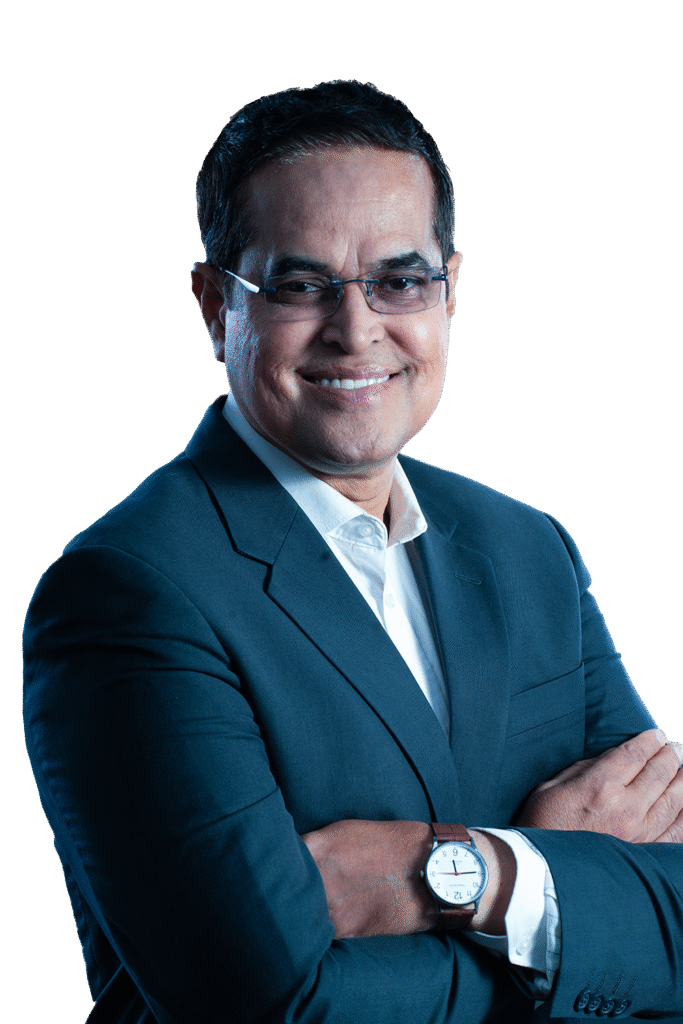
By
Quazi M. Ahmed
Founder & President, BOND
In a country like Bangladesh, where every resource must be maximized and every opportunity counts, innovation doesn’t always have to be expensive. Often, it’s the low-cost, high-impact ideas that create the most meaningful change especially in rural and underserved communities.
Across the globe, Non-Resident Bangladeshis (NRBs) have witnessed firsthand how simple, frugal innovations can solve complex problems. Whether it’s a low-tech water purification system in Kenya, a mobile health clinic in India, or a digital learning tool in Vietnam, these solutions offer huge potential when adapted to the Bangladeshi context.
At BOND (Bridging Organization with NRBs for Development), we see NRBs not only as ambassadors of goodwill, but also as global innovation scouts capable of identifying, adapting, and introducing practical solutions that can transform lives back home.
What Are Low-Cost, High-Impact Innovations?
These are affordable, scalable, and sustainable ideas often designed in developing countries that can be implemented with minimal resources but deliver maximum social return. They usually meet essential needs in areas like health, education, agriculture, sanitation, and energy.
What makes them powerful is not just their simplicity, but their accessibility. These innovations are often community-driven, easy to replicate, and require minimal infrastructure making them perfect for rural or semi-urban regions of Bangladesh.
How NRBs Can Drive Local Transformation
By leveraging their global exposure, NRBs are uniquely positioned to spot useful ideas abroad and facilitate their adoption in Bangladesh. Here’s how BOND supports that process:
- Sourcing & Sharing Innovation Models
BOND helps NRBs identify proven, affordable innovations from around the world and introduces them to changemakers, local NGOs, and community leaders in Bangladesh. - Piloting in Local Communities
We help facilitate low-risk pilot projects to test the feasibility and impact of innovations before scaling them. - Building Local Capacity
Training and workshops are arranged to ensure that communities understand and can maintain the new tools or systems effectively. - Partnerships for Scale
BOND connects NRBs with local institutions, development organizations, and social entrepreneurs to help expand successful pilots into wider programs. - Sharing Success Stories
We highlight real-life examples of NRB-supported innovations to inspire others and build momentum for broader adoption.
Examples of Global Solutions Worth Exploring
While each community’s needs are unique, here are a few categories where low-cost, high-impact innovations can be game-changers:
- Education: Offline learning apps, solar-powered classrooms, tablet-based language programs
- Healthcare: Portable diagnostic kits, SMS-based maternal health reminders, low-cost eyeglasses
- Agriculture: Drip irrigation systems, mobile crop advisory platforms, organic pest control techniques
- Clean Water: Clay-based water filters, solar disinfection bottles, affordable handwashing stations
- Energy: Solar lamps, clean cookstoves, community microgrids
Why This Matters Now
Bangladesh is on the path to becoming a middle-income country, but the benefits of development don’t always reach the last mile. Low-cost innovations fill this gap. They don’t rely on large-scale funding or complex infrastructure. Instead, they empower communities directly quickly and effectively.
For NRBs who want to contribute but may not have massive funds to offer, this approach is ideal. You can be part of real change through smart, focused, and high-impact contributions of ideas, guidance, and support.
From Idea to Impact—Together
Innovation isn’t just for tech giants or big budgets. It’s for anyone with vision and intent. With BOND as your bridge, even the simplest idea can create lasting change when placed in the right hands.
If you’re an NRB with knowledge of a small innovation that made a big impact somewhere in the world bring it to Bangladesh. We’ll help you adapt it, pilot it, and scale it for the people who need it most.
